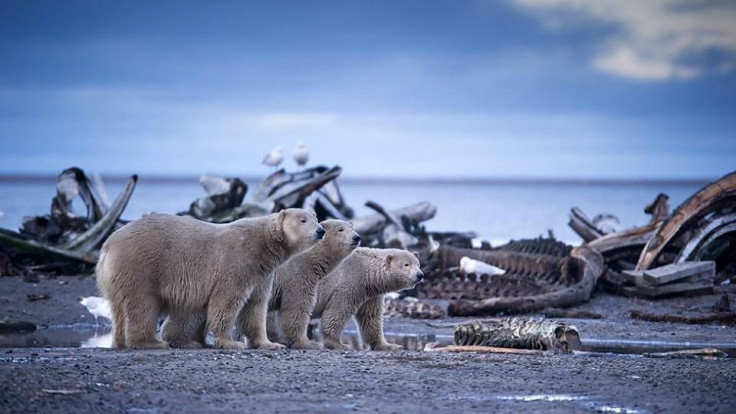BBC’s Planet Earth 2 update: Season 2 better than original series, thanks to tech, executive producer says

When BBC documentary series “Planet Earth” debuted around 10 years ago, it was one of the first shows ever to be filmed in high definition. The BBC Natural History Unit oversaw production of the 2006 British television series, which showed some spectacular and rare footage of animals and ecosystems from around the globe… And then came BBC “Planet Earth 2” — a sequel even more breathtaking than the first one!
So, how does BBC manage to show all the more closer, more intimate and the rarest of shots sans breaking a sweat? The show managers give credit to technological developments such as drones and motion-activated cameras. “Planet Earth 2” involves more picturesque footages and rare shots. It is also the first BBC show to film entirely in ultrahigh definition (4K).
Show executive producer Mike Gunton told the TCA that one of the prime differentiators between “Planet Earth” and “Planet Earth 2” is technology. “The first series had that sense of almost a godlike perspective in observing. Looking down upon the planet from a helicopter perspective is a very strong one using gyro-stabilized camera mounts,” he said. “With this series, we took that technology, miniaturized it, and put it in the hands of the cameramen, so they could take the camera off the tripod.”
According to a report by FastCoCreate, Gunton said further that the drones facilitate a middle ground, allowing the team to actually experience the lives of the animals rather than just observing them. “Planet Earth 2”, thus, has some exceedingly fascinating footage unseen before by the general audience.
According to the series producer Elizabeth White, it takes zeal strong enough to create a show like “Planet Earth 2.” “You take a gamble, talk to everybody who has ever been to a place, and say, 'Are we being really crazy? Are we about to just waste a huge amount of time and money?’” said White. “And then you weigh that risk and say, 'No. We have just got to go for this. We have got to try it.’”
The veteran naturalist Sir David Attenborough, who seemed smitten by the “Planet Earth 2” footage, said, “The most difficult animal to film was the snow leopard. It's incredibly rare.”
BBC “Planet Earth 2” has set its international premiere date for Feb. 18, 9PM ET (Feb. 19, 1PM AEDT). That being said, the show’s subsequent five episodes will be aired only on BBC America on Saturday nights.





















